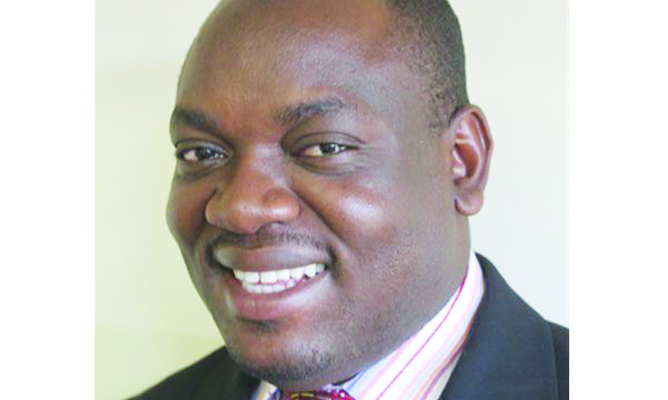
FROM civil sector perspective, sustainability is managing current businesses with respect to the exploitation of natural resources taking in mind the generations to come. The focus is on managing the use of limited resources to ensure they are capable of sustaining the needs of future generations.
It goes further to issues of disposal of waste after the useful cycle of products or waste from production activities within the organisation. Issues of the economic value of sustainability are also pertinent. Businesses, in addition to caring for the environment and society, need to be profitable. Profitability is achieved by managing costs. The focus on how cost managing is part of the sustainability strategy and how it achieves the economic objectives of the company is the discussion point.
Reputation of an organisation is derived from brand strength. A strong brand is one that is competitive. It is the one that is desirable to customers and is capable of retaining a market and penetrate new markets. Competitiveness is achieved by effective control of costs. The majority of costs associated with any product is under the remit of supply chain management with the exception of human resources costs. In that light, supply chain management activities of procurement, stores and logistics are paramount in the achievement of sustainability in business.
Sustainable performance determines reputation and the reputation has a direct impact on the organisational sales that translate to revenues and the stock price, the perceived worth of the company shares at the stock market. About 25%–35% of the company reputation is determined by its attitude on social and environmental factors. Economic factors contribute 65%–75% of the company reputation. This does not imply that economic factors are more important than social and environmental factors. To the contrary, economic factors have a direct bearing on the social and economic elements with respect to reputation.

The experience, impressions, beliefs, feelings and knowledge that stakeholders have about the performance of a company translates to reputation. A strong company reputation benefits the organisation by its ability to attract, recruit and retain high calibre of employees. Such companies do not spend a lot on employment advertisements since they receive multitudes of unsolicited applications from the top-class performers that require self-actualisation by associating with the branded company.
A reputable company does not struggle to generate additional sales. A good product sells itself and marketing is a mere formality. The response to promotions are significant, they contribute massively to increased revenues from sales with minimal marketing effort. Research highlighted that reputation affects sales and that was the assumption that gave birth to the advertising industry. While reputation affects pricing, cost-cutting or waste management is now becoming common given the adoption of open book pricing. With open book pricing, costs are transparent to customers and the only differentiator shall be the brand, the true price. A reputable company has capacity to charge premium prices and has the liberty to scheme the market while remaining profitable.
Further, it is easy for a reputable company to facilitate transactions and partnerships. The speed at which transactions are concluded is quite significant positioning the company to achieve set targets in set timelines. Reputation enhances stock price performance rendering it valuable. It implies that if a company’s reputation decreases so does its stock price.
- Chamisa under fire over US$120K donation
- Mavhunga puts DeMbare into Chibuku quarterfinals
- Pension funds bet on Cabora Bassa oilfields
- Councils defy govt fire tender directive
Keep Reading
Sustainability performance determines much of reputation that influence the economic components of the business.
●Nyasha Chizu is a fellow of the Chartered Institute of Procurement and Supply writing in his personal capacity. Feedback: [email protected] Skype: nyasha.chizu











